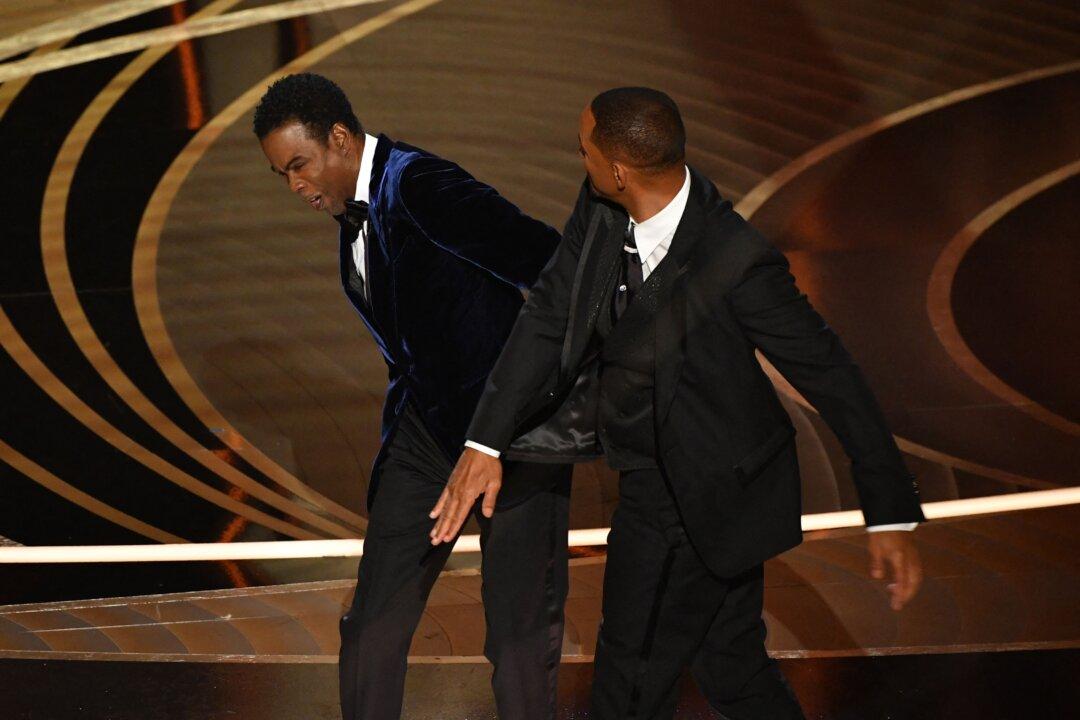Commentary
The 94th Academy Awards have been over for two weeks, yet Will Smith’s slapping host Chris Rock remains one of the top news stories. It is proof of this story’s penetration that the controversial Oscars moment has remained at the top of the headlines amid news of an ongoing pandemic, war in Ukraine, national inflation, numerous contentious political issues, and the appointment of a controversial Supreme Court Justice. Every day, there has been a new celebrity statement, conspiracy theory, expert opinion, or update about the aftermath to keep the story alive.





